Asking for help and valuing encounters with people are the keys to a fulfilling university life.
3rd year School of Social Sciences Imanalieva Akylai
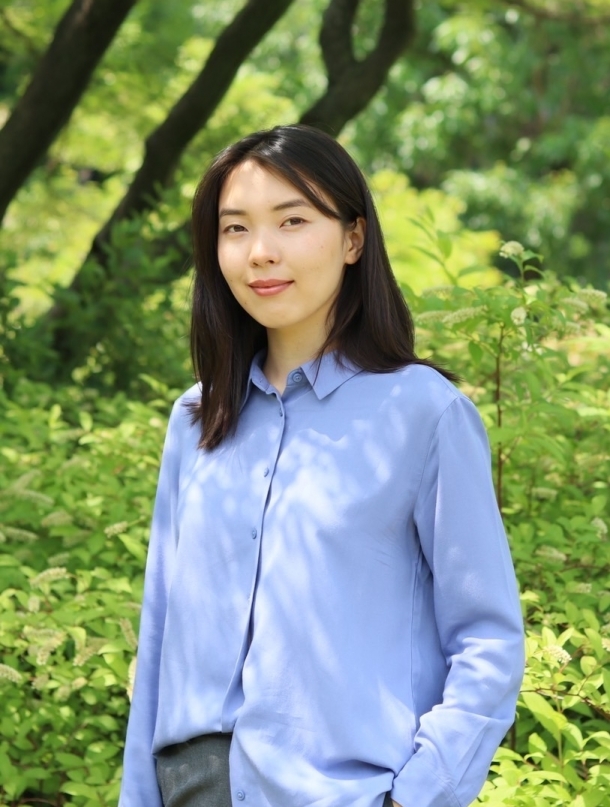
When I was a teenager from Bishkek, Kyrgyzstan, located in Central Asia, I dreamed of becoming an international student at Waseda University. I longed for the international environment and the TAISI program (an English degree program in School of Social Sciences that develops students who can work globally with a wide range of knowledge and communication skills). Through this study abroad experience, I was hoping that my university life would be filled with opportunities for personal growth.
However, due to the pandemic, during my first year, I was forced to stay in my hometown of Kyrgyzstan and take classes online, and I was worried about when international exchange would resume and what the future would hold. At that time, I had a life-changing encounter with Professor Takuya Soma, who was teaching at Waseda University at the time.
I met him through the Kyrgyz Republic Japan Human Resources Development Center (KRJC), and I was involved in research on snow leopards as a field assistant, and I was able to participate in a project centered on traditional ecological knowledge and biological research. is completed. Furthermore, with the strong support of the research team, they were able to conduct a successful survey in the mountainous region of Issyk-Kul, Kyrgyzstan, in a safe environment. The guidance I received from my teachers and the knowledge I gained, combined with the knowledge I gained from other classes that semester, helped me gain more confidence in my studies and myself.
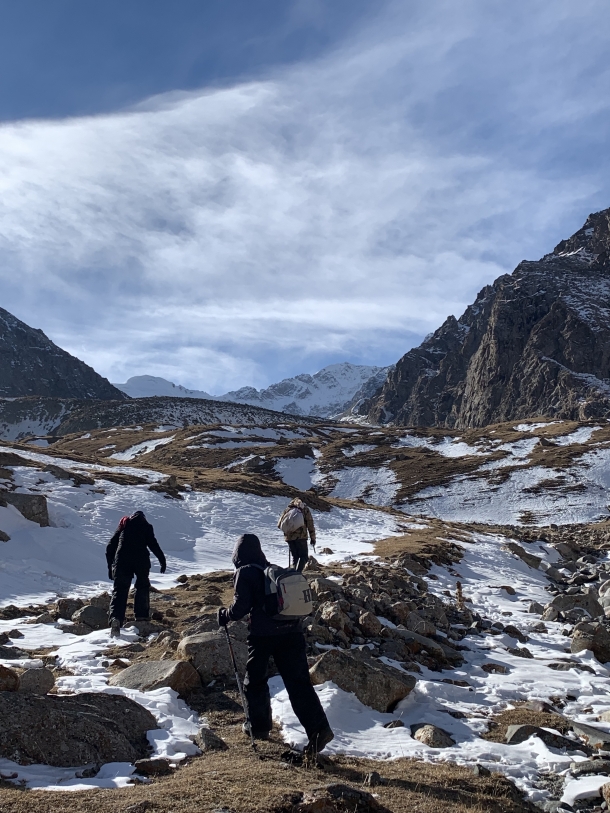
Field trip to the Issyk-Kul region. The goal was to recover cameras and other materials installed during the previous expedition on a mountain approximately 3,000 meters above sea level.
Also, after coming to Japan and completing my second year, I wanted to further expand my horizons and delve deeper into social innovation (innovative solutions to social problems). I came across Business and Social Innovation (a program jointly held by Stanford University's SPICE and Waseda University's School of Social Sciences). This intensive lecture, a collaboration between Waseda Faculty and guest speakers, also led to my growth.
What particularly left an impression on me was the group brainstorming session in which we tackled the pressing issue of ``lonely death'', which is prevalent in Japanese society. This initiative was a great opportunity for us to work together as a group and hone our critical thinking skills. Furthermore, after presenting our ideas, we were able to receive feedback on our ideas not only from other group members but also from visiting experts. By getting out of my comfort zone and pushing the limits of my creativity, I was able to achieve great growth in my group.
Photo left: In July 2023, we also participated in the Social Innovation Forum to deepen our understanding of cross-cultural communication among Singaporeans and discuss issues facing Asia. The author is second from the right in the back row.
Photo right: With friends at Okuma Garden on Waseda Campus. The author is in the center of the back row
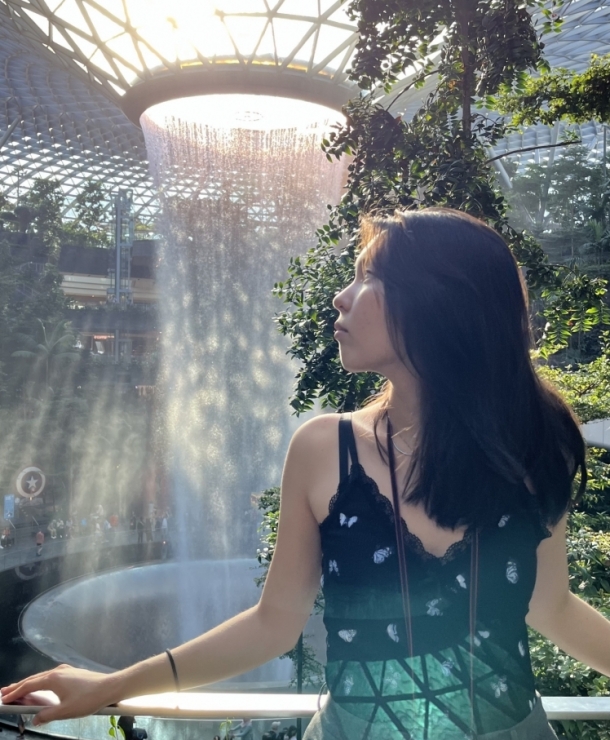
A photo taken at the airport on the last day of the Social Innovation Forum held in Singapore. As a teenager, I was drawn to the airport's complex structure and Singapore's ecosystem. This photo marks a milestone in my life and symbolizes the fulfillment of a personal dream
When I came to Waseda University, I learned that the key to a fulfilling university life is to value encounters with people while sometimes asking for help. College is a nurturing community that encourages growth and supports you in finding your path. My experience on this journey (study abroad) is proof that there are many opportunities around you. Don't be afraid to take risks and aim for greater accomplishments than you believe you can accomplish.
~What surprised you when you came to Japan~
Kyrgyzstan and Japan have significant differences in several aspects, including general lifestyles, food preferences, cultural approaches, and geography. One of the biggest differences, which anyone who comes to Japan notices right away, is the way people behave in groups. This order and adherence to social norms is something I have not seen very often in Kyrgyzstan. I believe this is due to a combination of factors, including the relatively low population density of the capital of Kyrgyzstan and the lack of visibility of specific codes of conduct.
For example, Shinjuku Station is one of the most complex stations. In a crowded space, many people seem to follow the rules and keep things running smoothly, such as walking on a certain side of the aisle (usually the left), practicing escalator etiquette, and lining up in an orderly manner at the exit. For me, these striking differences between the two countries further fuel my interest in delving deeper into the social aspects of Japan while continuing to study my home country.
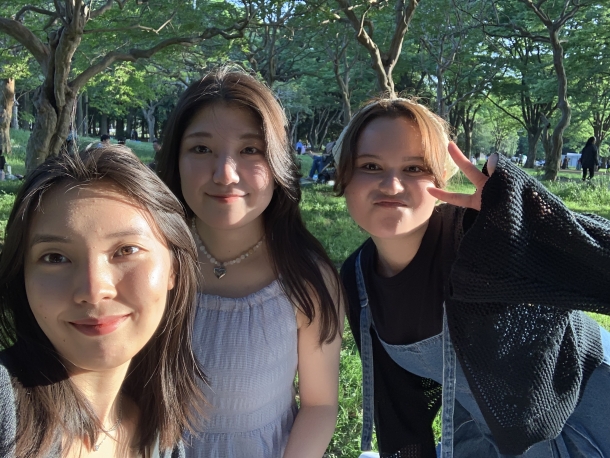
With friends from the TAISI program. To relieve stress, my hobby is eating Central Asian and Middle Eastern food around Tokyo (author is on the far left)

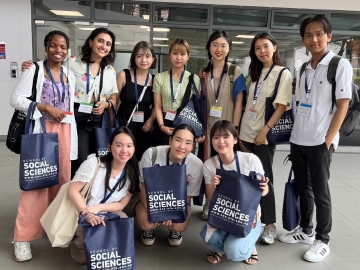
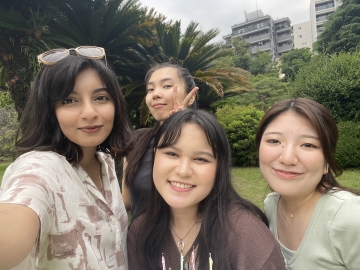
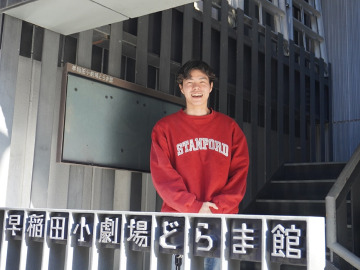
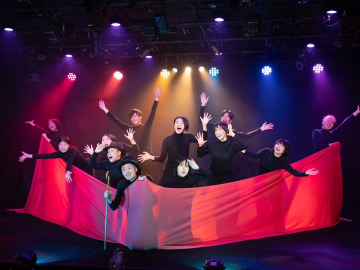
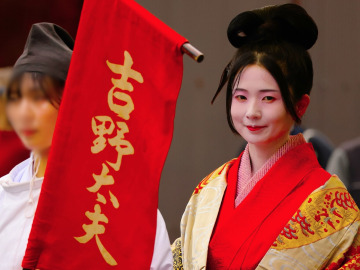
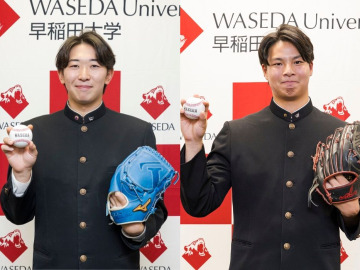

![[Save version] Map of the four main campuses](https://www.waseda.jp/inst/weekly/assets/uploads/2025/09/17cb2975123fc5103172ef60bd98608d-610x458.jpg)

